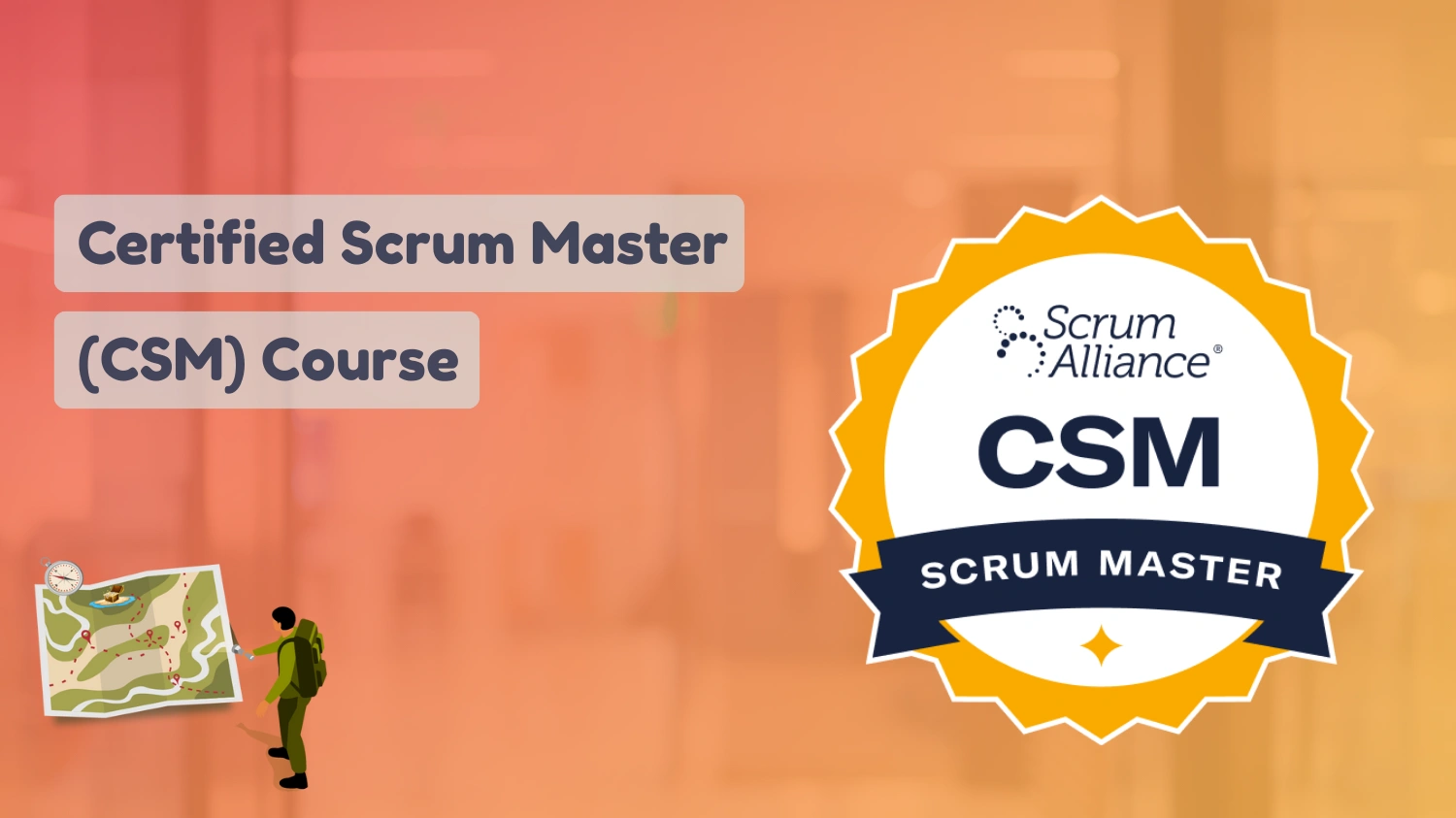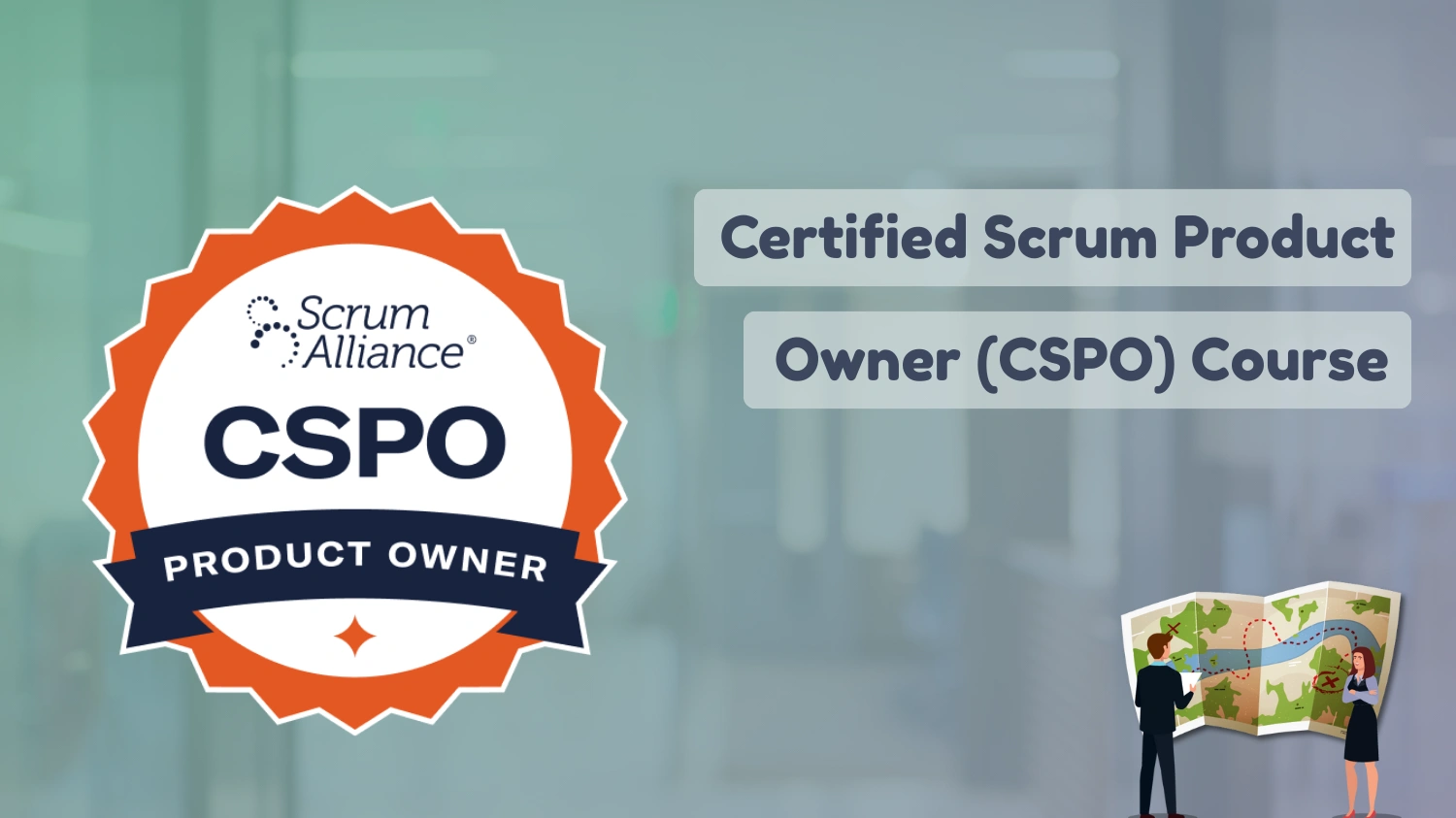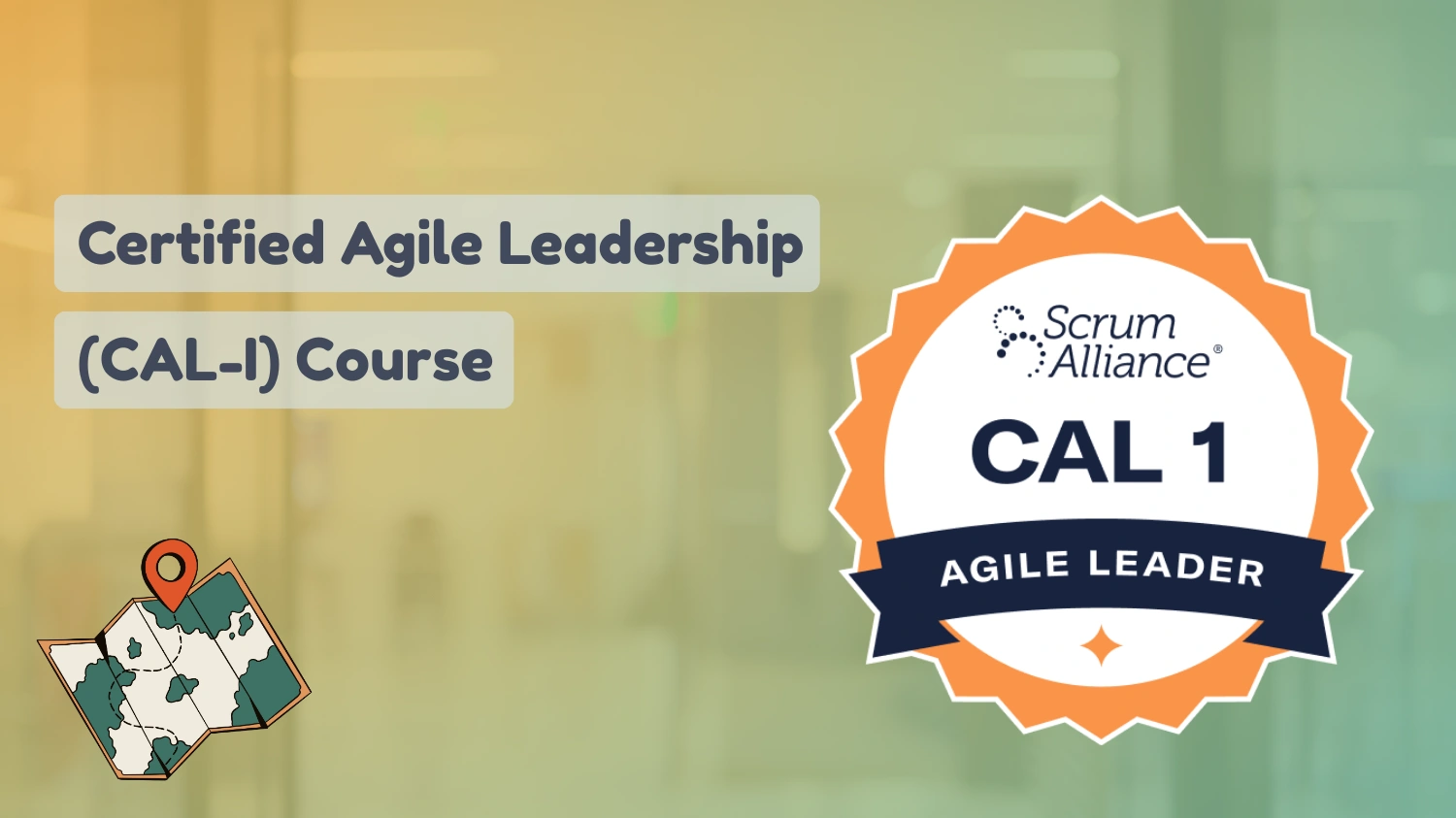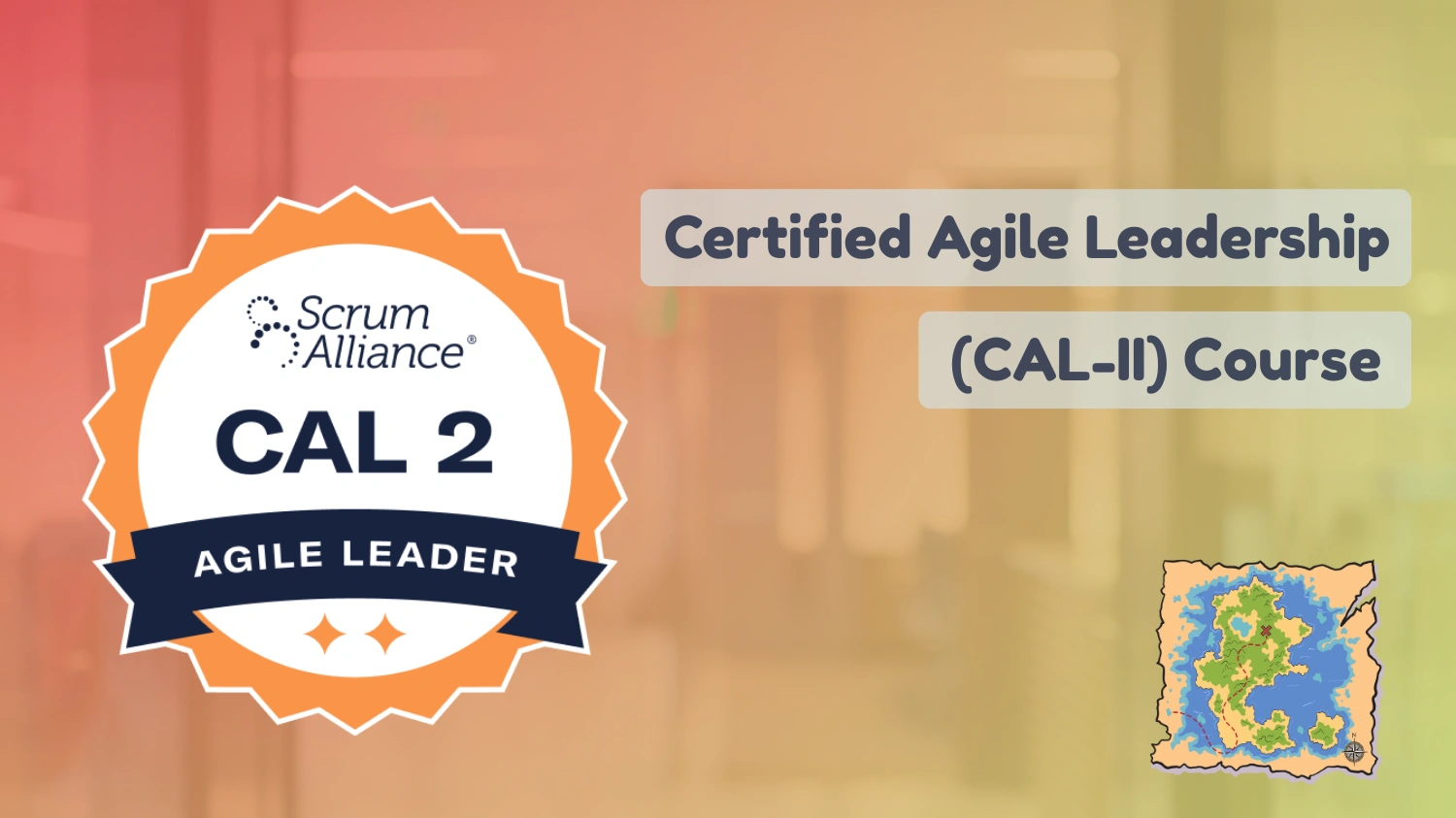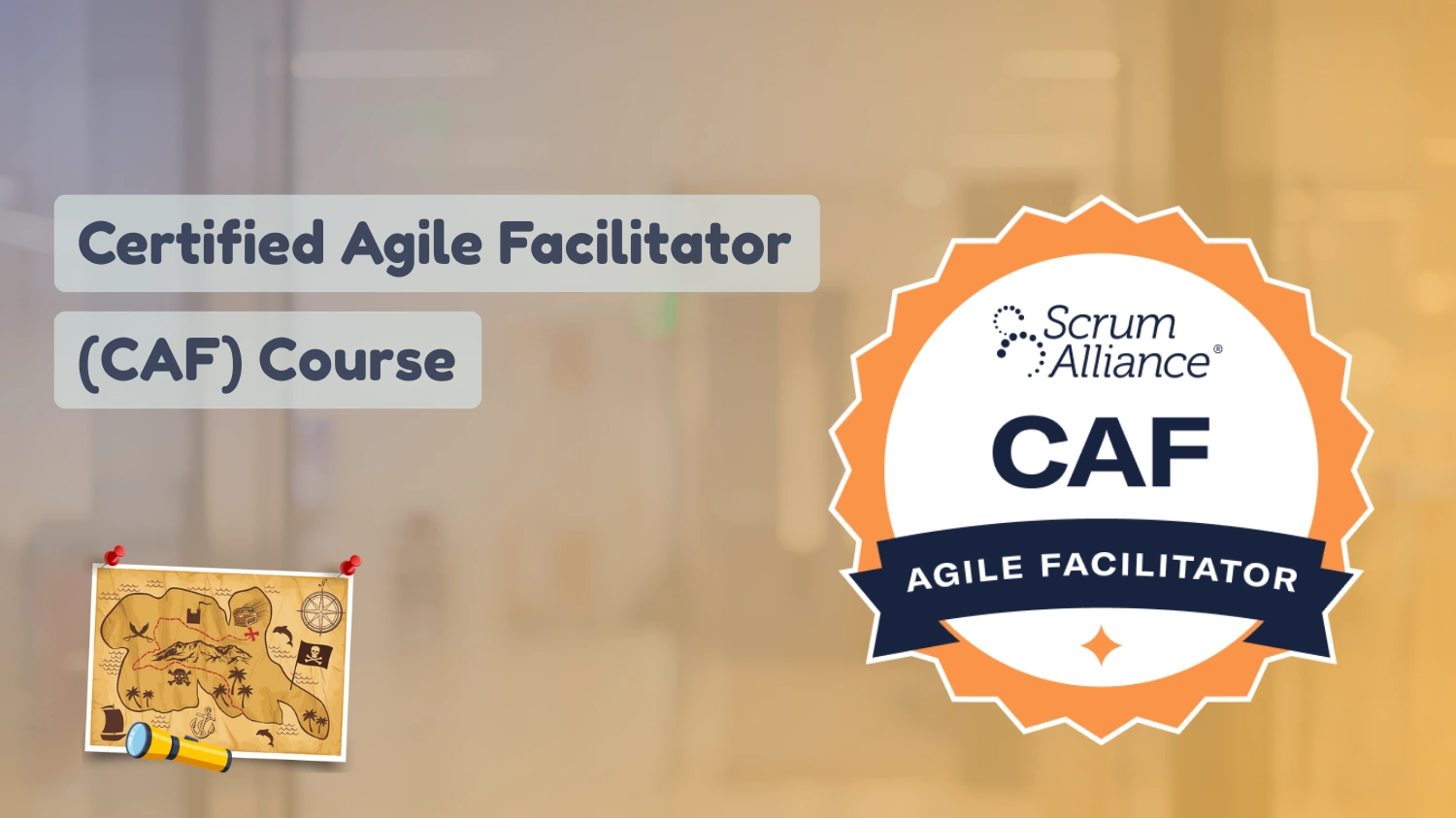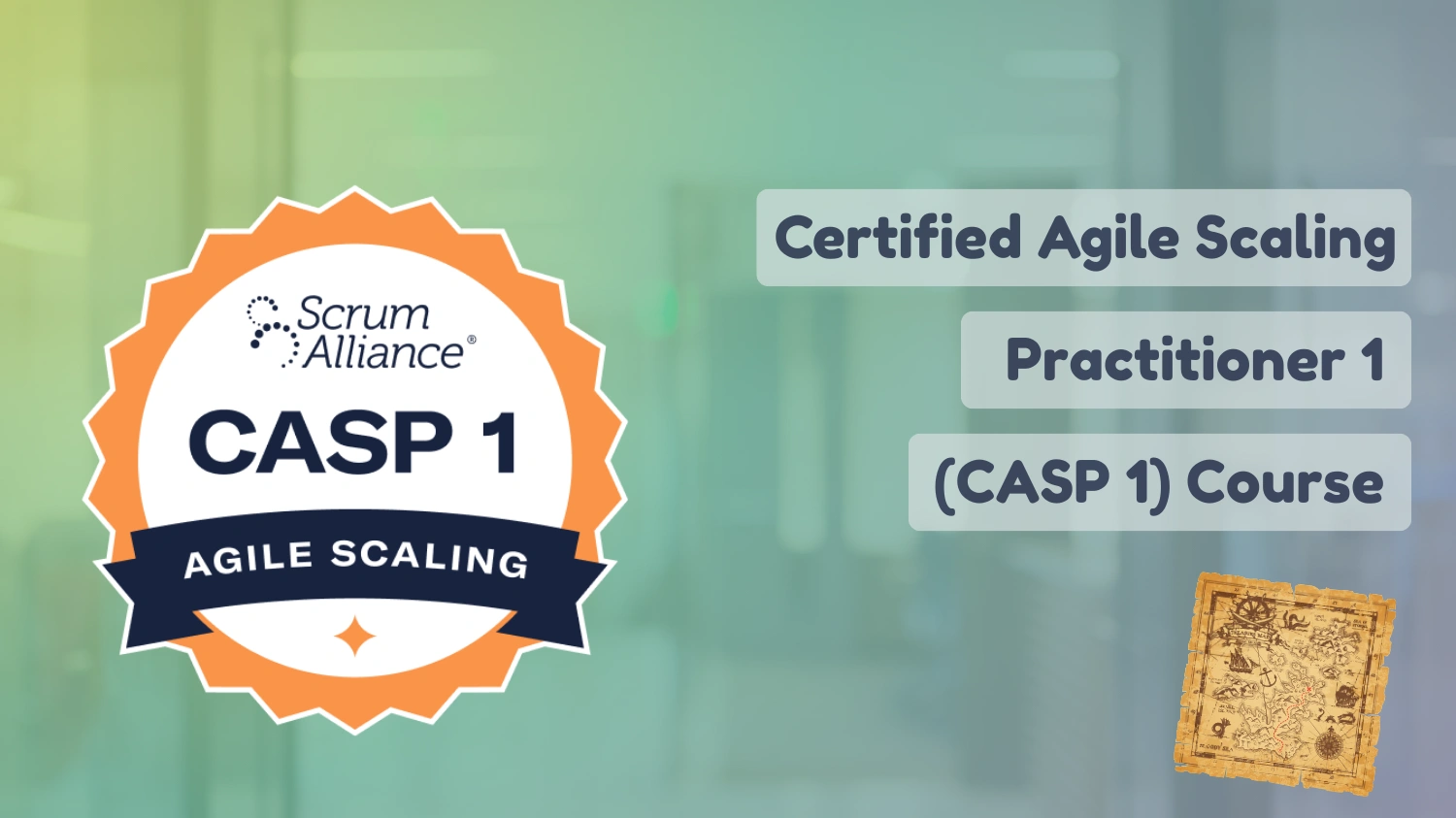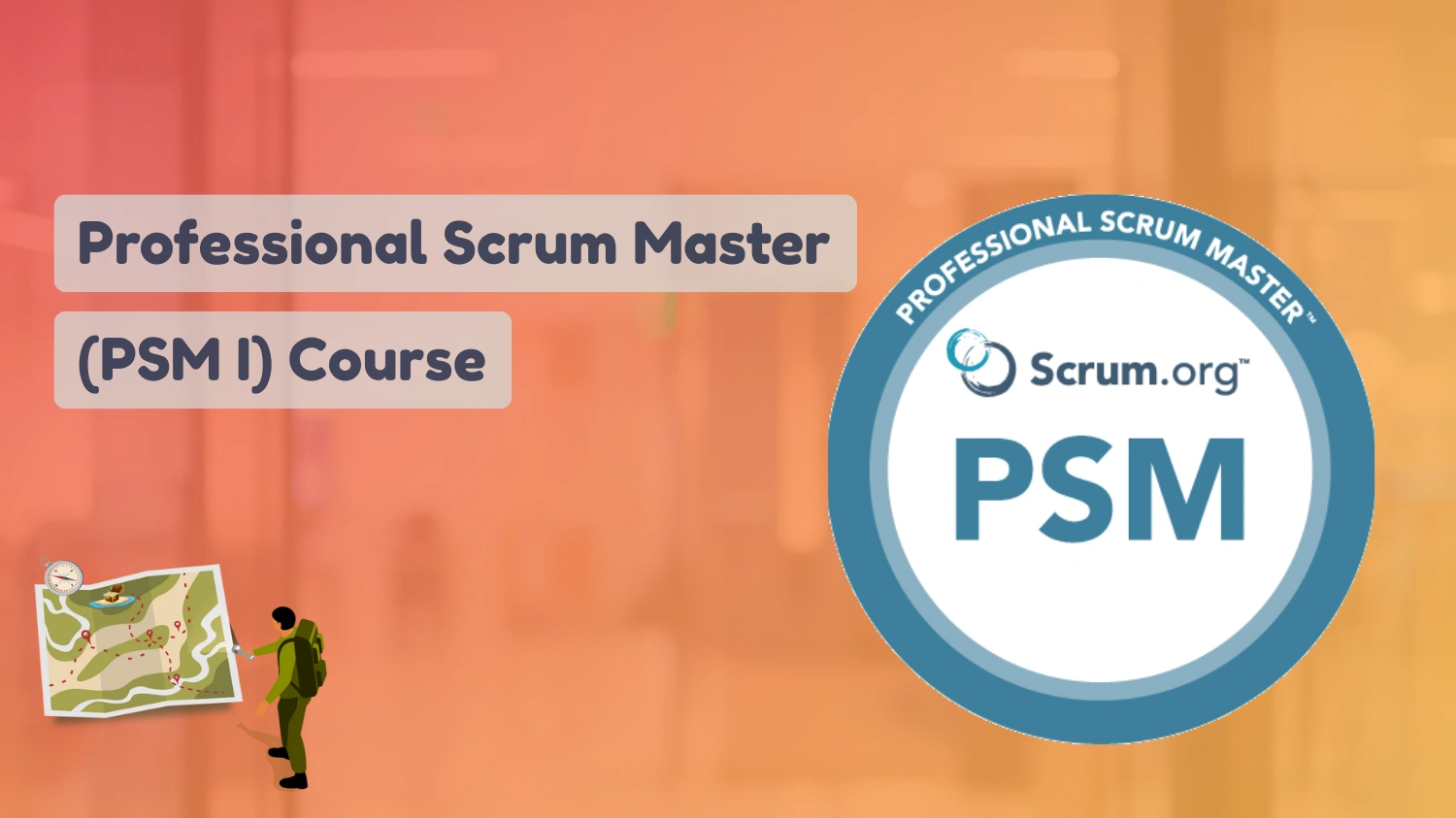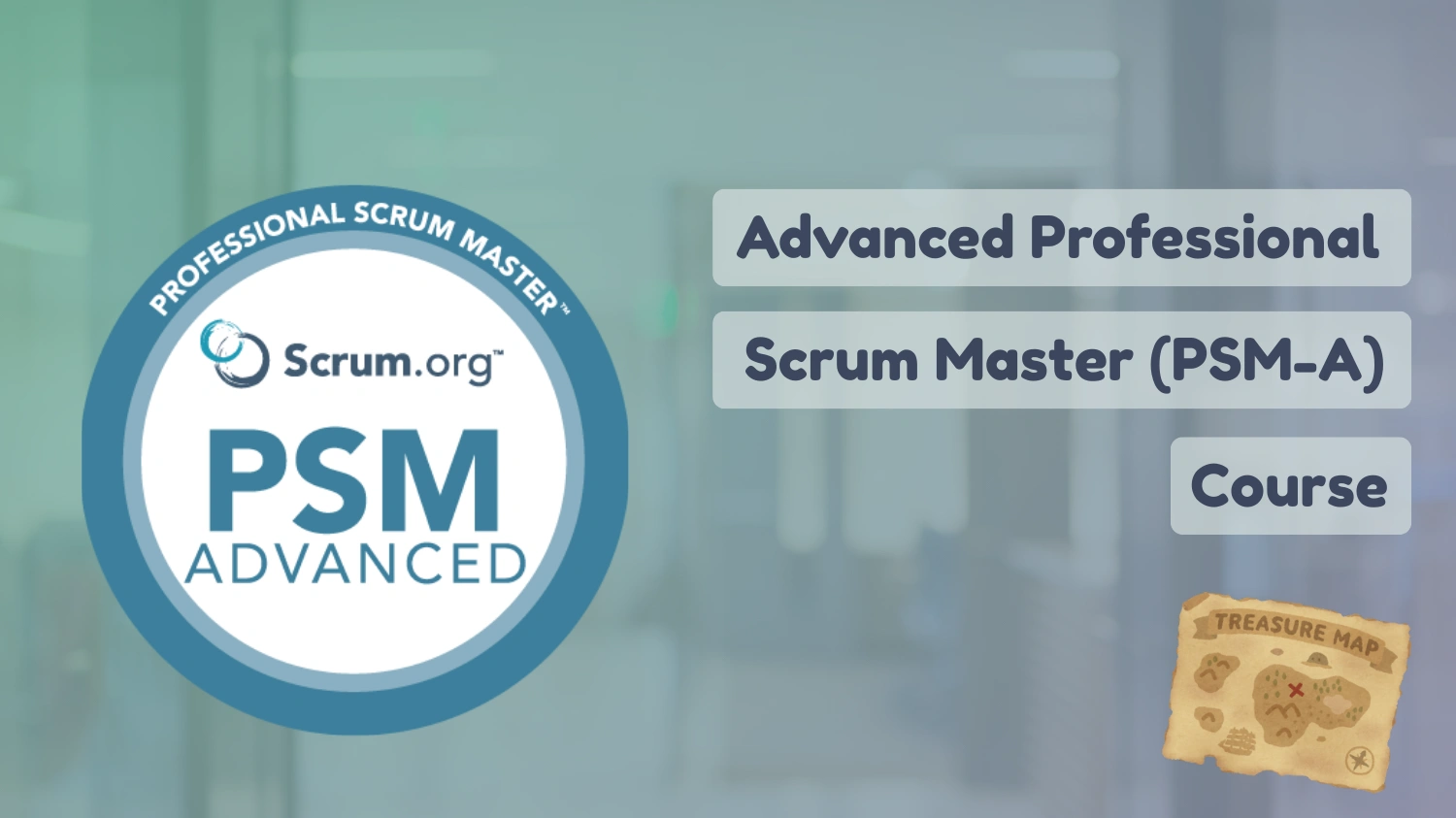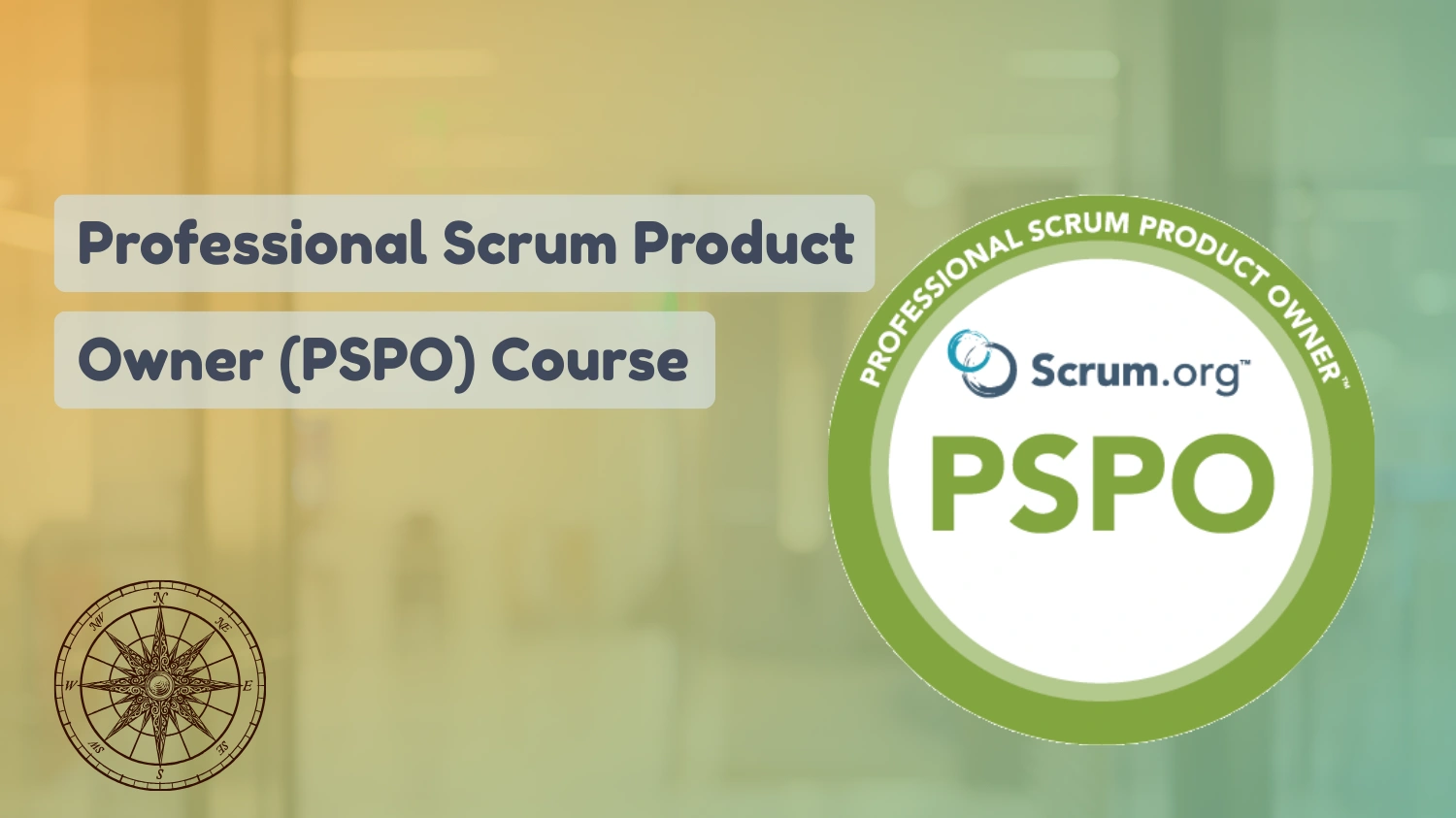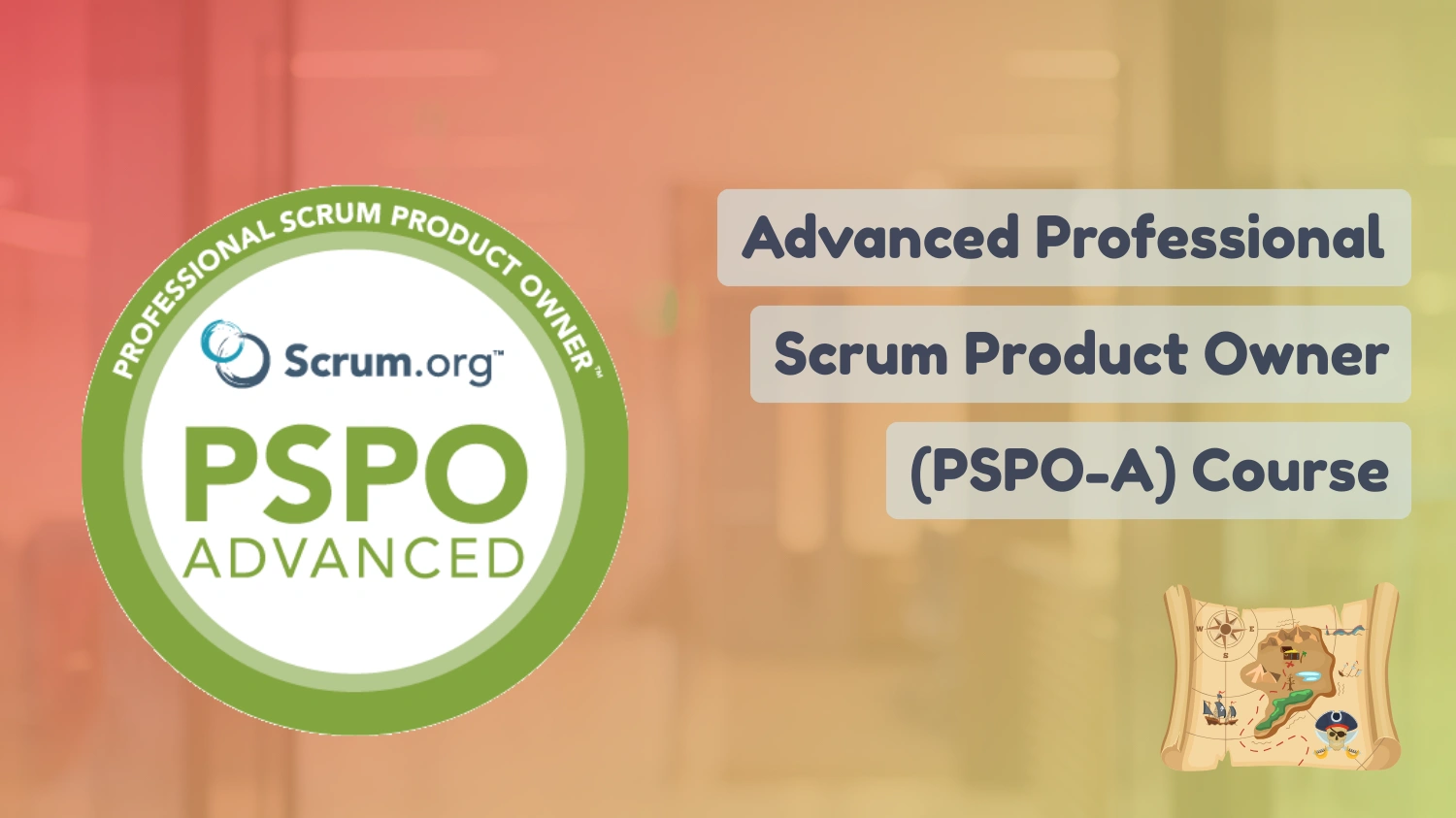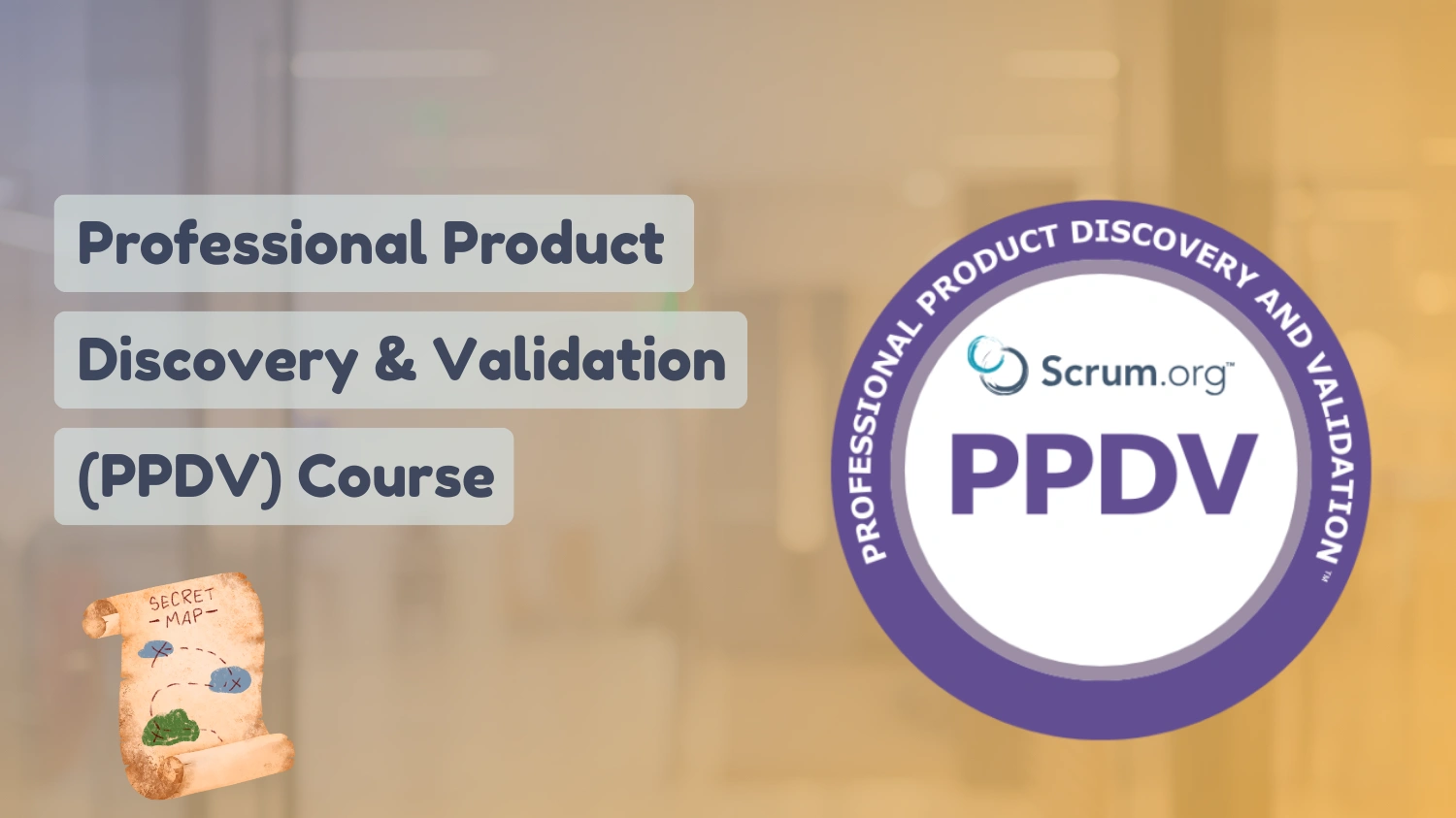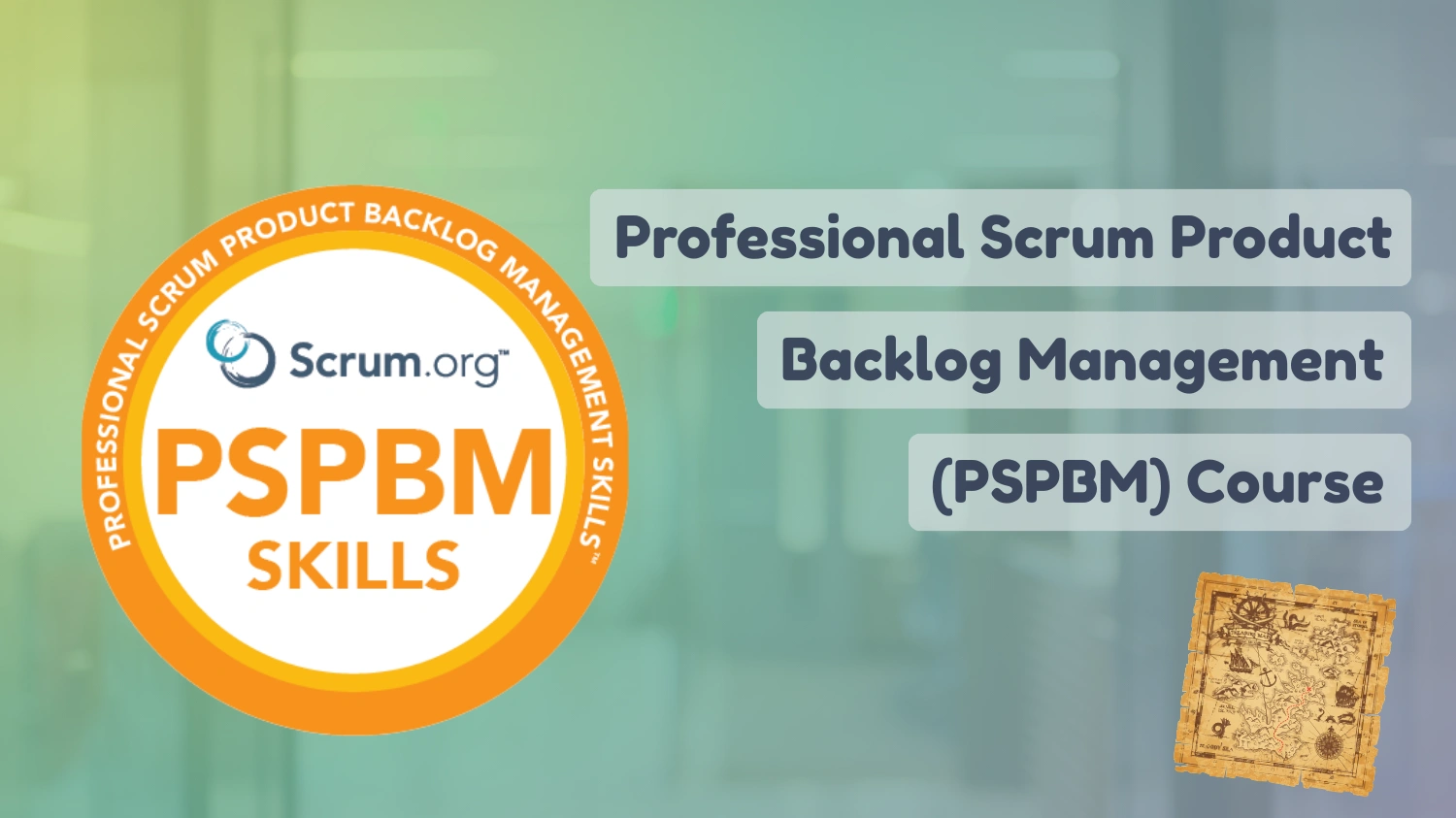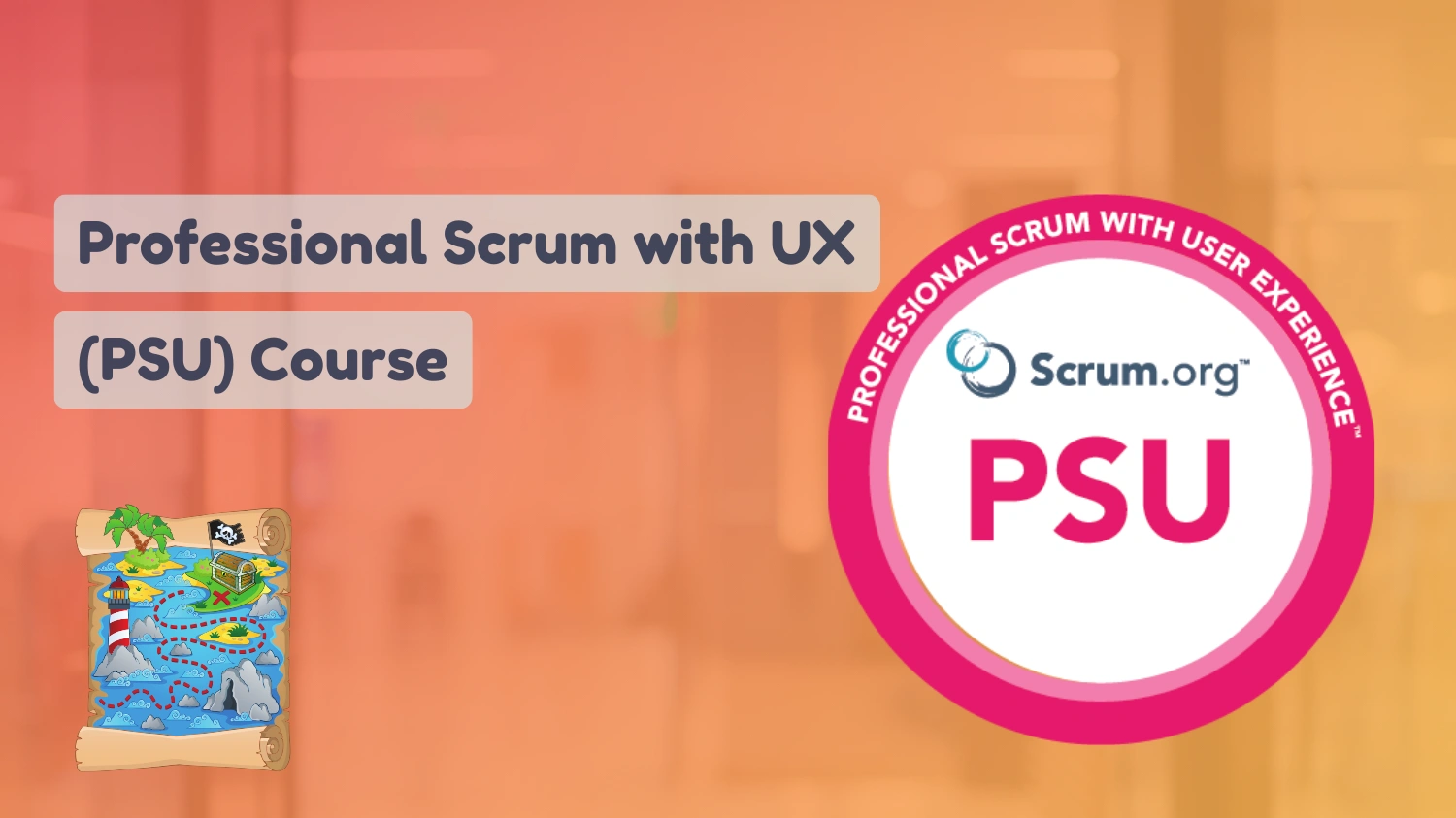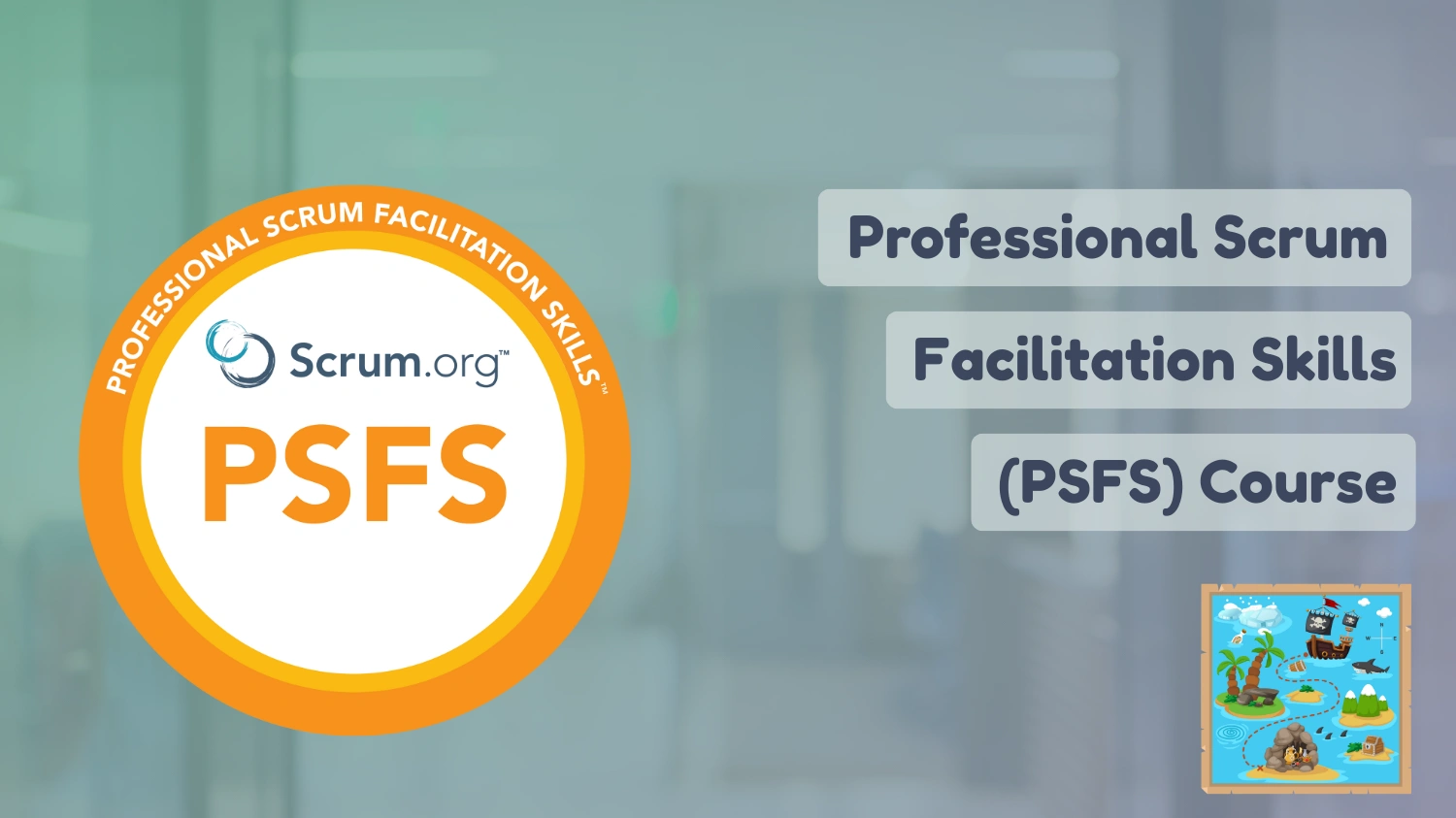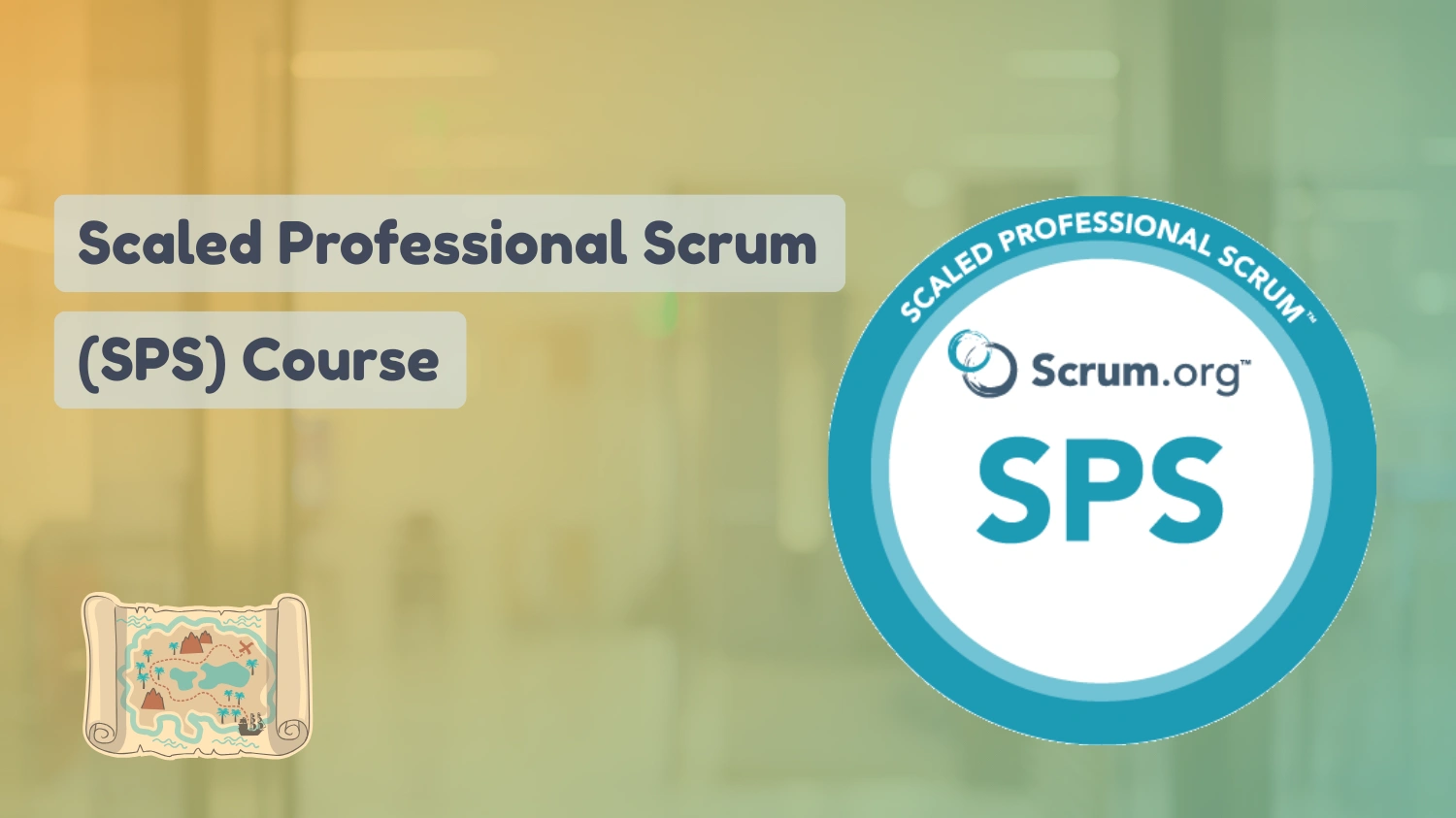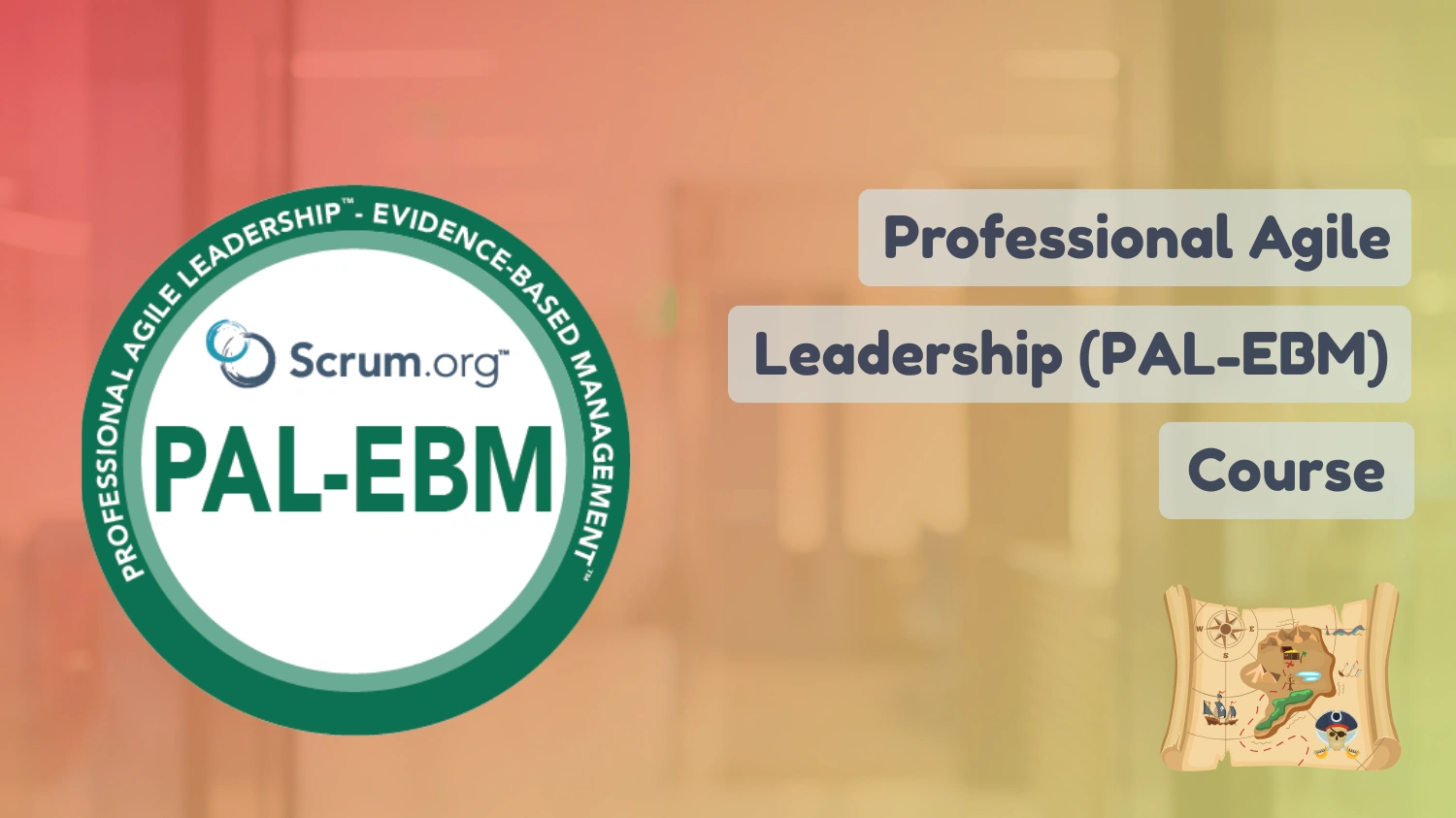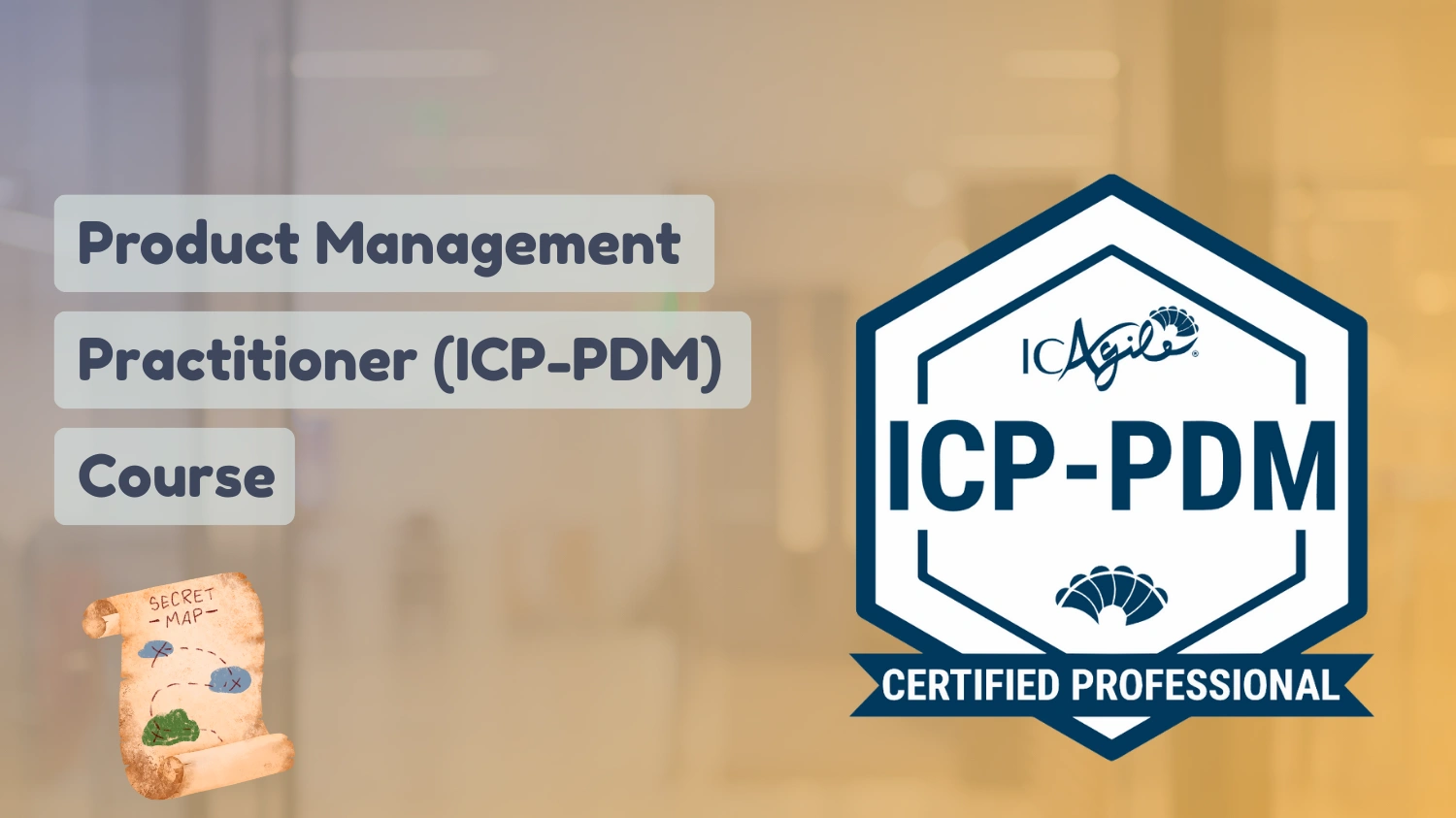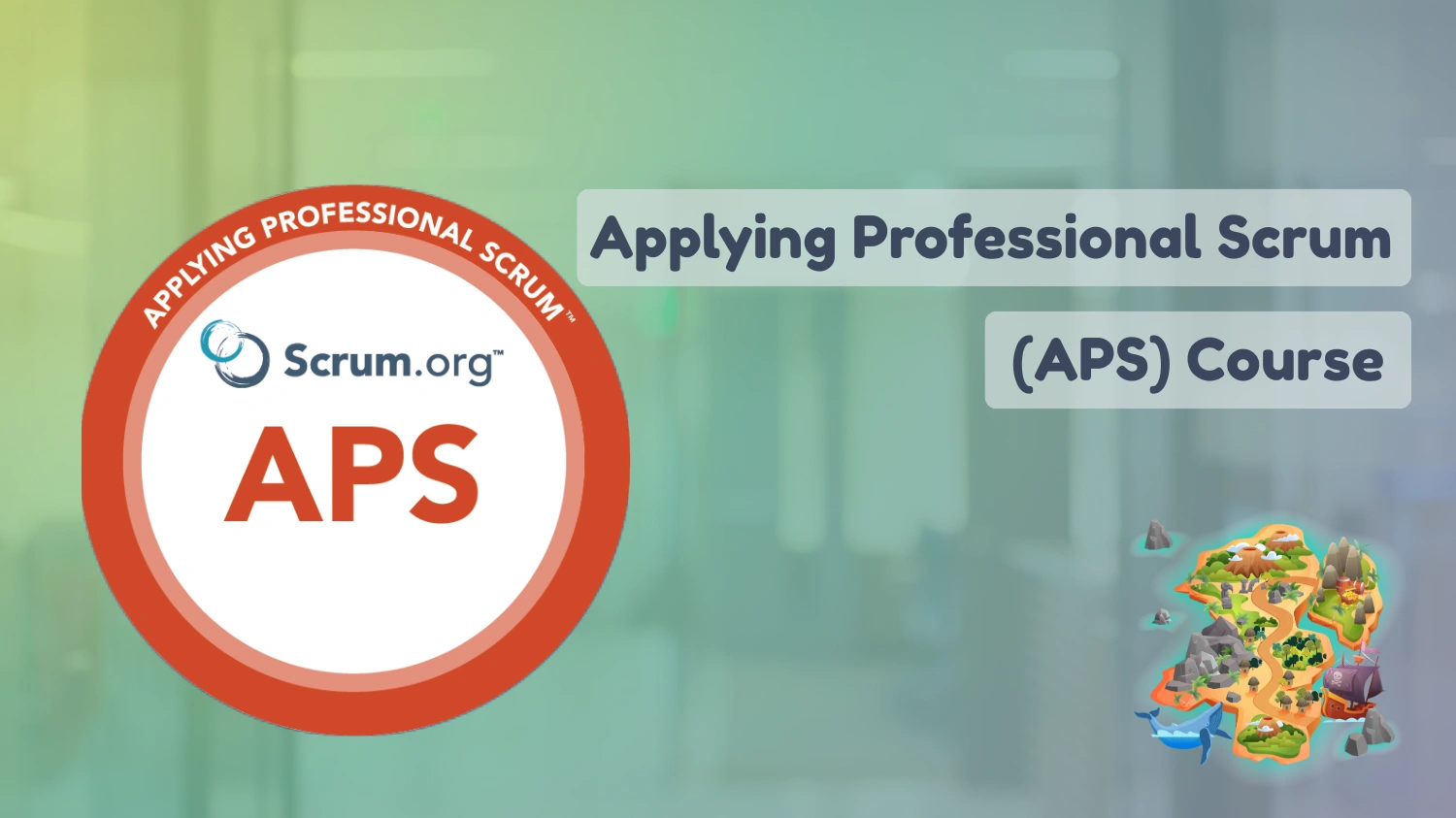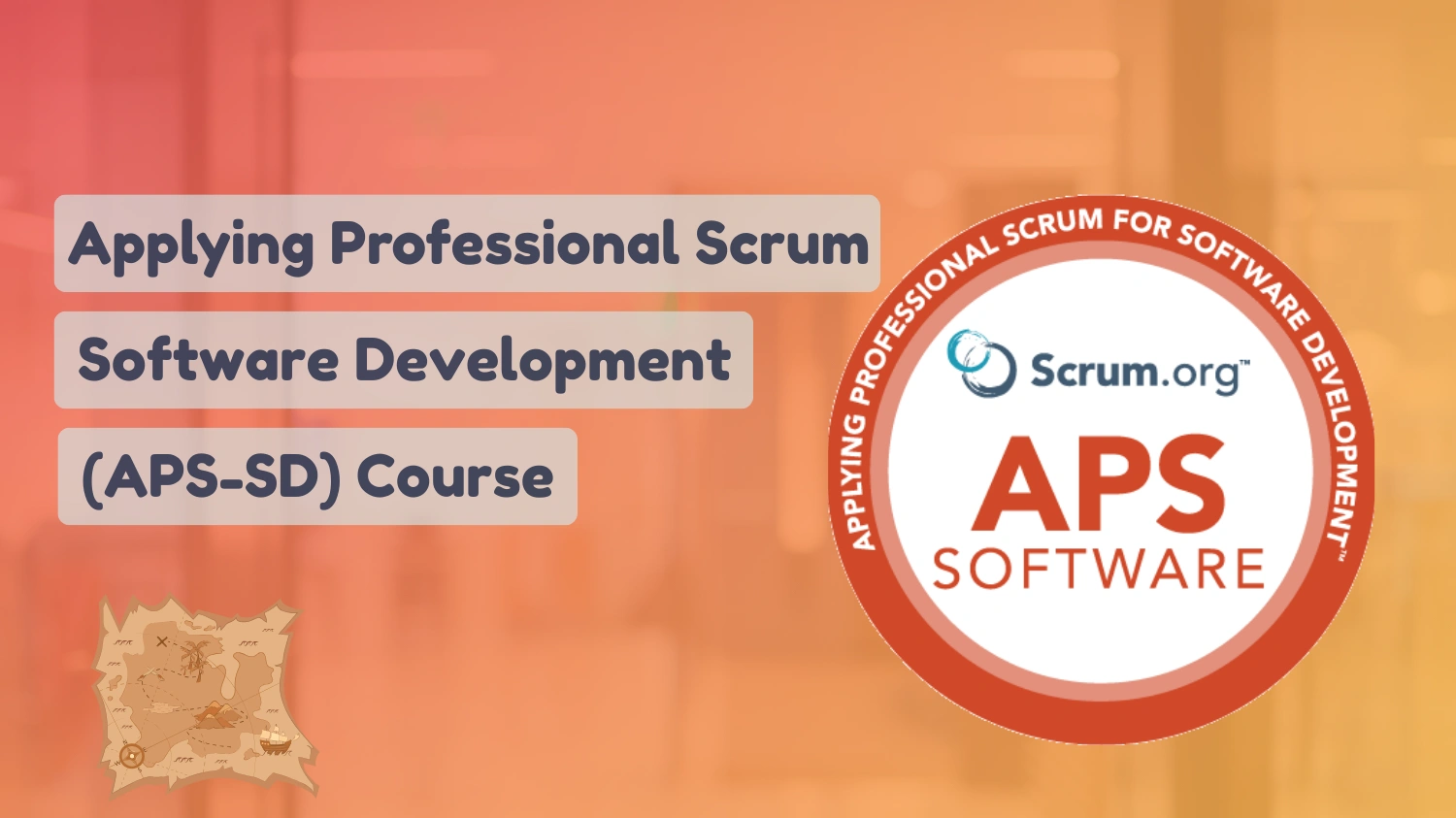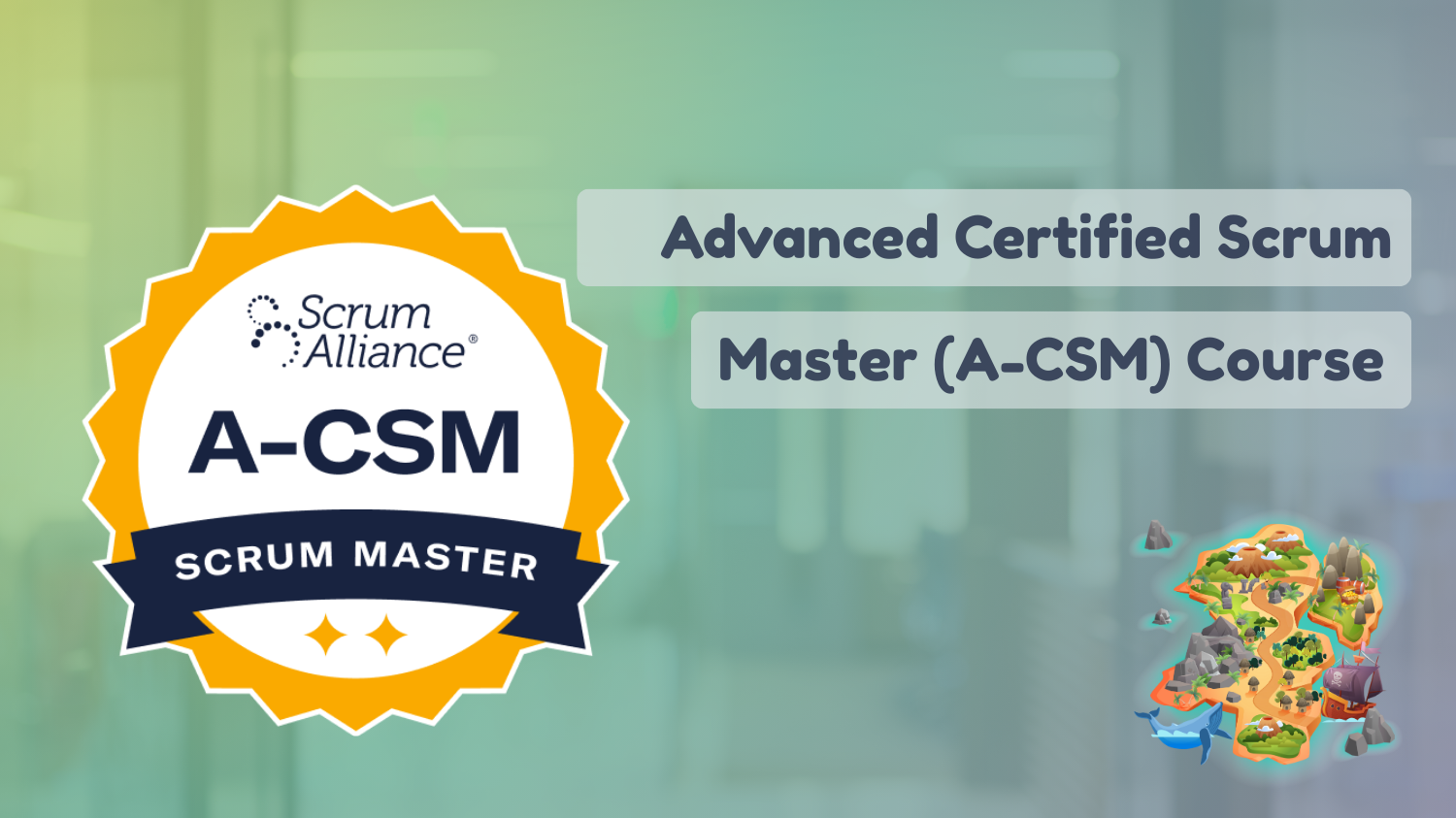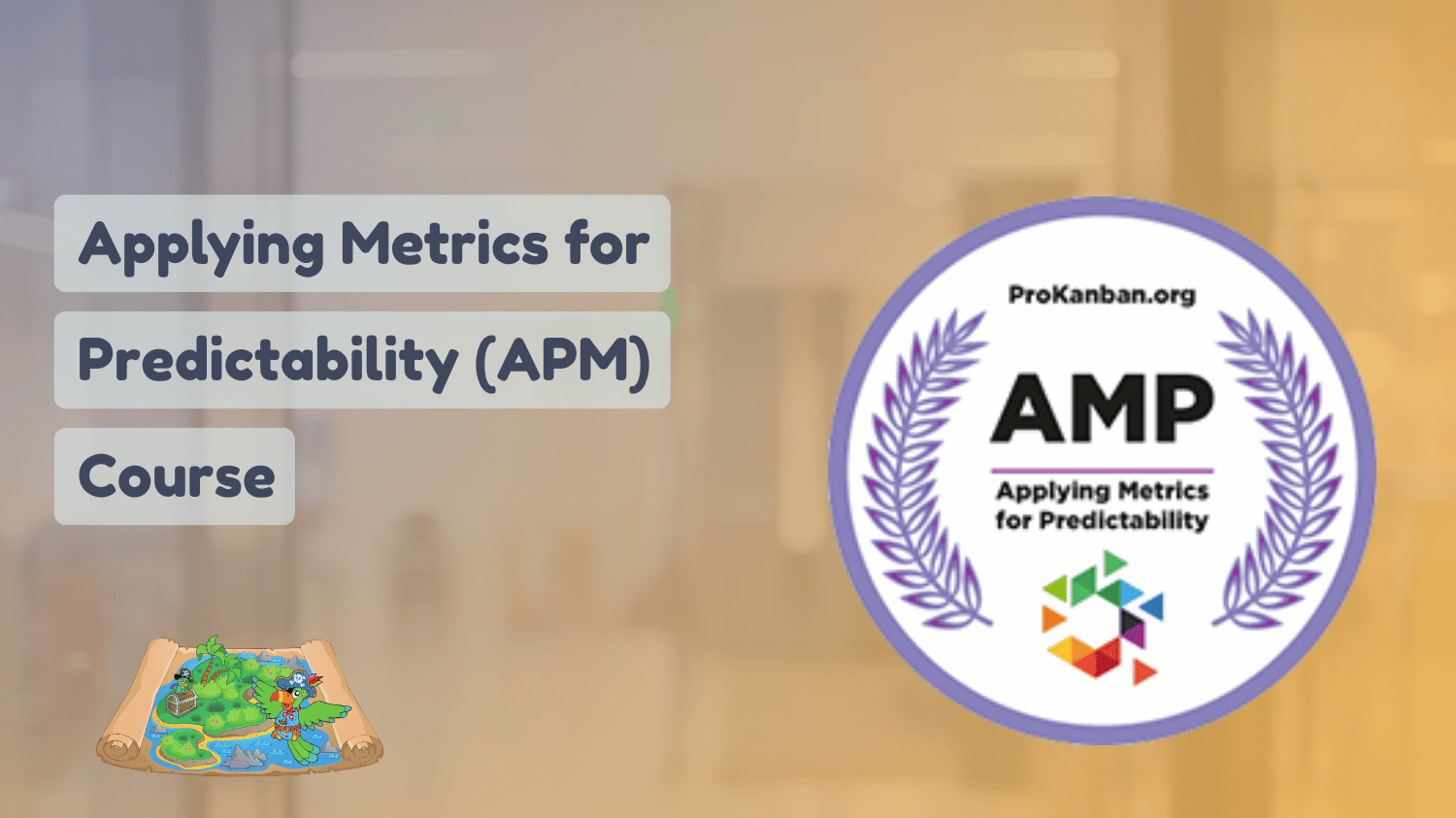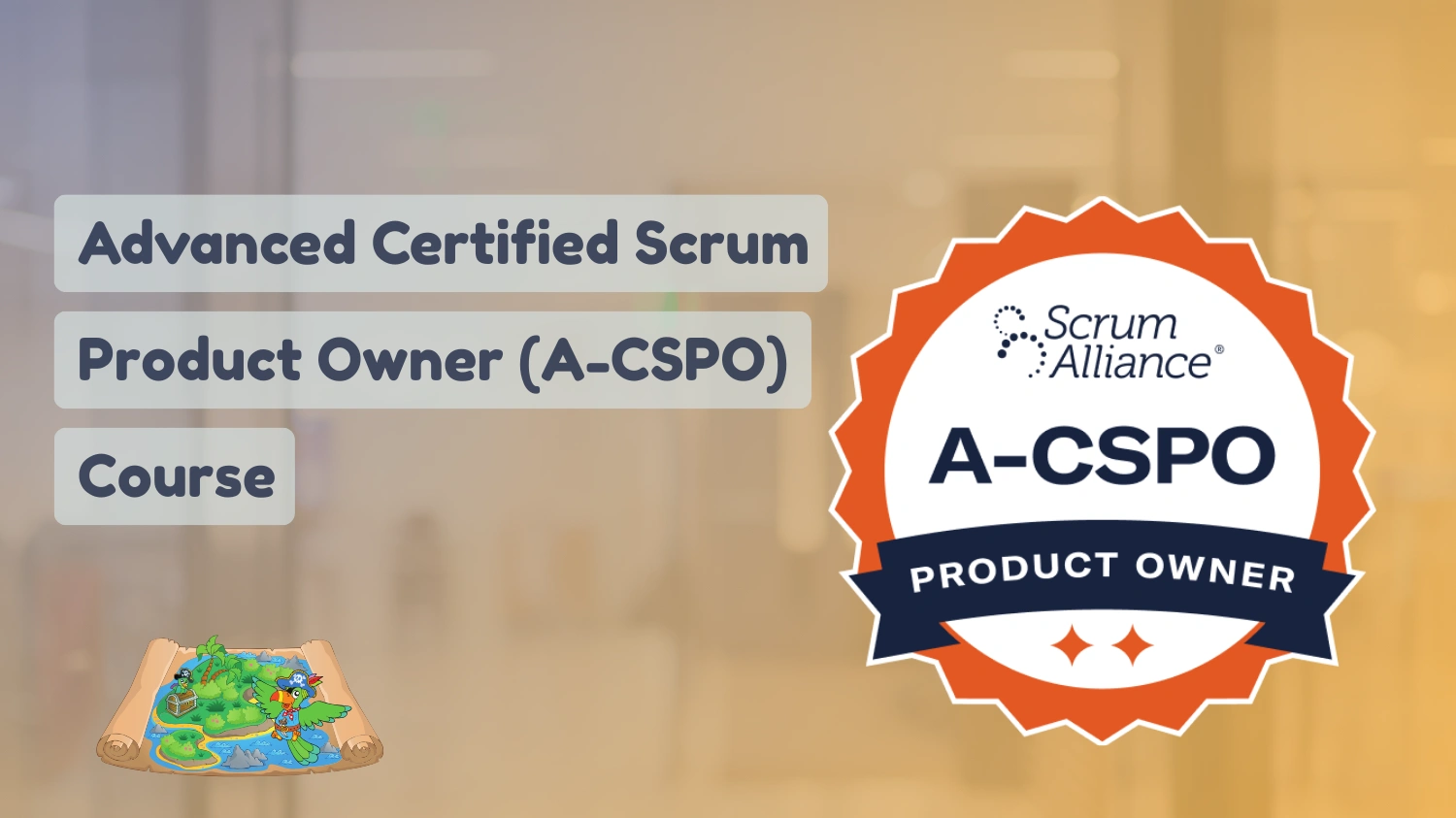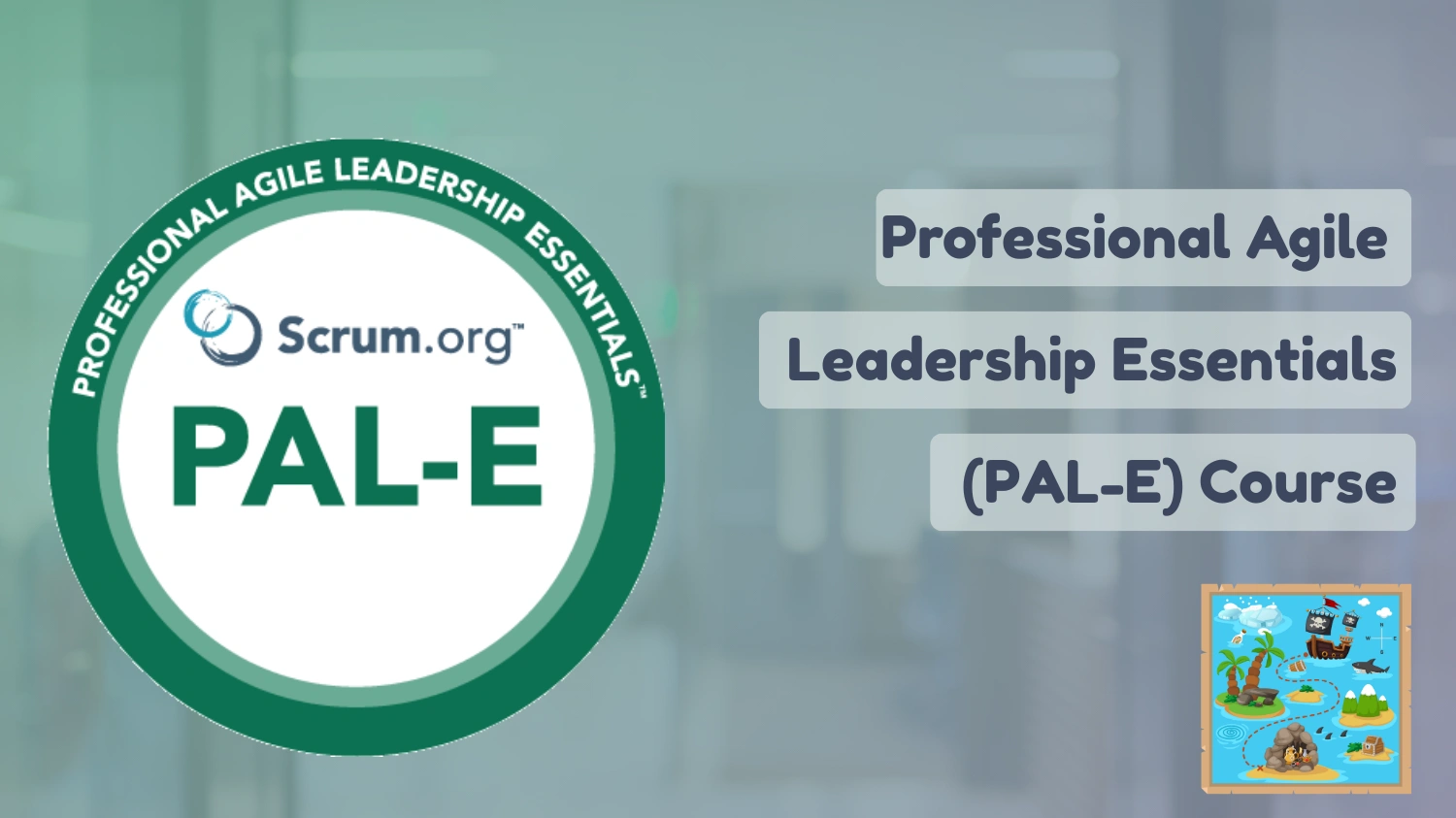Why Scrum Certifications Matter
Scrum is one of the most widely adopted frameworks in Agile project management [Typically, Scrum is uniquely suited for building, enhancing, and scaling products with an evolving scope]. Earning a Scrum certification is more than a resume booster; it’s proof of your ability to implement Agile principles effectively and consistently deliver value. Companies worldwide recognize certified Scrum practitioners as valuable assets who can lead teams, improve collaboration, and ensure projects meet customer needs. By getting certified, you can open up new career opportunities, enhance your professional reputation, and become a driving force behind Agile transformation.
The tryScrum Advantage
When it comes to obtaining your Agile certification, choosing the right training provider is crucial. tryScrum stands out as a leader in Agile and Scrum education. We combine expert knowledge, hands-on training, and flexible course options to ensure our learners get the most out of their certification journey. Here’s why tryScrum is the best place to pursue your Agile certifications:
Your Path to Scrum Mastery Starts Here
The world of Agile and Scrum is fast-paced and constantly evolving. By earning your Scrum certification through tryScrum, you not only position yourself as a valuable asset in today’s job market but also set yourself up for long-term success. From foundational courses like CSM and PSM-I to advanced certifications such as CAL-II and PAL-EBM, our wide range of options ensures that there’s something for everyone, no matter where you are in your Scrum journey.

